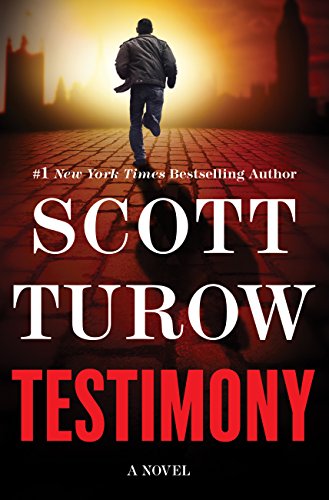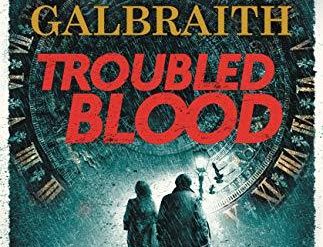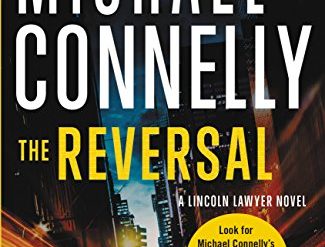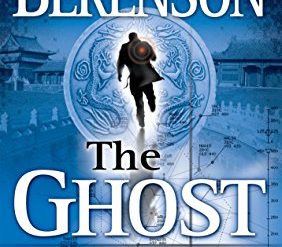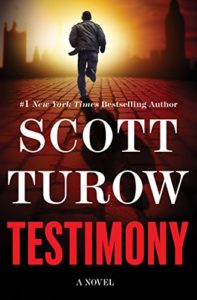
In an interview on May 23, 2017, Scott Turow explained how he came to write a legal thriller about a case at the International Criminal Court involving the massacre of 400 Roma (“Gypsies”). “‘In 2000, I was at a reception in The Hague and found myself in a circle of lawyers who said you have to write about this—it’s an amazing case,’ he recalls. ‘Usually when people say they have an amazing case it’s about their divorce, but this actually did sound fascinating.’”
The story the lawyers told triggered his memory of a brief exposure to Roma culture 40 years earlier, when Turow had observed a large group of Roma stealing ashtrays from a hospital. The incident puzzled him. He couldn’t understand why they would antagonize people they might have to deal with in the future. “‘What I later learned when researching for this book is that there’s no tense but the present in the Roma language and no written or oral tradition for passing down information. Their history goes only as far back as the oldest Roma alive. So that’s a big cultural difference from us.’” And that difference emerges dramatically in Turow’s mesmerizing latest legal thriller, Testimony.
Testimony by Scott Turow ★★★★★
Most of Turow’s earlier novels involve attorneys in fictional Kindle County, Illinois, and are courtroom dramas. Testimony somewhat departs from the pattern. Bill ten Boom is a successful Dutch-American lawyer—from Kindle County, like the others—who moves to the Hague in the throes of a mid-life crisis to accept a job as a prosecutor at the International Criminal Court (ICC).
Ten Boom, who goes by the name “Boom,” works with a Belgian forensic anthropologist in search of evidence about a crime against humanity that may have been committed by a now-fugitive Bosnian war criminal—or by American soldiers at a base near the site of the atrocity. Evidence emerges pointing in either direction. Boom’s investigation is complicated when he becomes involved in a torrid affair with the woman who brought the case to the court, an advocate for the Roma. Esma Czarni, beautiful, charming, and possibly brilliant, is also thoroughly untrustworthy.
But Czarni is not the only confounding character in the tale. You’ll also meet Laza Kajevic, the former president of Bosnia who has been on the run from war-crimes investigators for a decade. “Kajevic was in a category of his own, a political leader whose charisma and rage had been enough to lead an entire nation into a realm beyond conscience.” Equally fascinating are General Layton Merrill, the former top NATO commander hounded from the military in disgrace over adultery, and his former master sergeant, who describes herself as a “bull dyke cross-dressing half-breed.” She is a genius at logistics.
Most of the action unfolds in Bosnia
Though the story opens at a pre-trial hearing in an ICC courtroom, the action that follows is set elsewhere, mostly in Bosnia. Turow’s description of the poverty-stricken villages, the tragic history of the land, and Roma culture is unfailingly moving. He’s clearly a dogged researcher—and a talented wordsmith.
Boom’s perspective on his work is firmly grounded. “I know this much,” he tells the investigator assigned to him. “Justice is good. I accept the value of testimony, of letting the victims be heard. But consequences are essential. People can’t believe in civilization without being certain that a society will organize itself to do what it can to make things right.”
In his acknowledgements at the back of the novel, Turow writes, “I share with Boom the belief that, given the enduring reality of wartime atrocities, the ICC is indispensable in making the world more just. I hope that in time the United States lends its moral authority to the Court by ratifying the treaty we signed . . . I regard US fears of the Court, while far from fanciful, as misplaced and at odds with the US’s long-term interest in supporting the rule of law around the world.”
About the author
Over the past 30 years, Chicago attorney and novelist Scott Turow has written 11 works of fiction. Included are some of the legal thrillers most familiar to readers—and moviegoers, as several have been adapted to film. Among those you might recognize are Presumed Innocent, The Burden of Proof, and Reversible Errors. All three were bestsellers and made their way into theaters. Turow has also written three nonfiction books. His work has been translated into 40 languages and has sold a total of more than 30 million copies.
For related reading
I’ve reviewed two other legal thrillers by Scott Turow:
- Innocent – Kindle County #8 (Crime and punishment in Scott Turow’s Kindle County)
- Suspect (Scott Turow’s new urban crime thriller is a winner)
You might also enjoy my posts:
- Top 10 mystery and thriller series
- 20 excellent standalone mysteries and thrillers
- 30 outstanding detective series from around the world
- Top 20 suspenseful detective novels
- Top 10 historical mysteries and thrillers
And you can always find my most popular reviews, and the most recent ones, on the Home Page.

